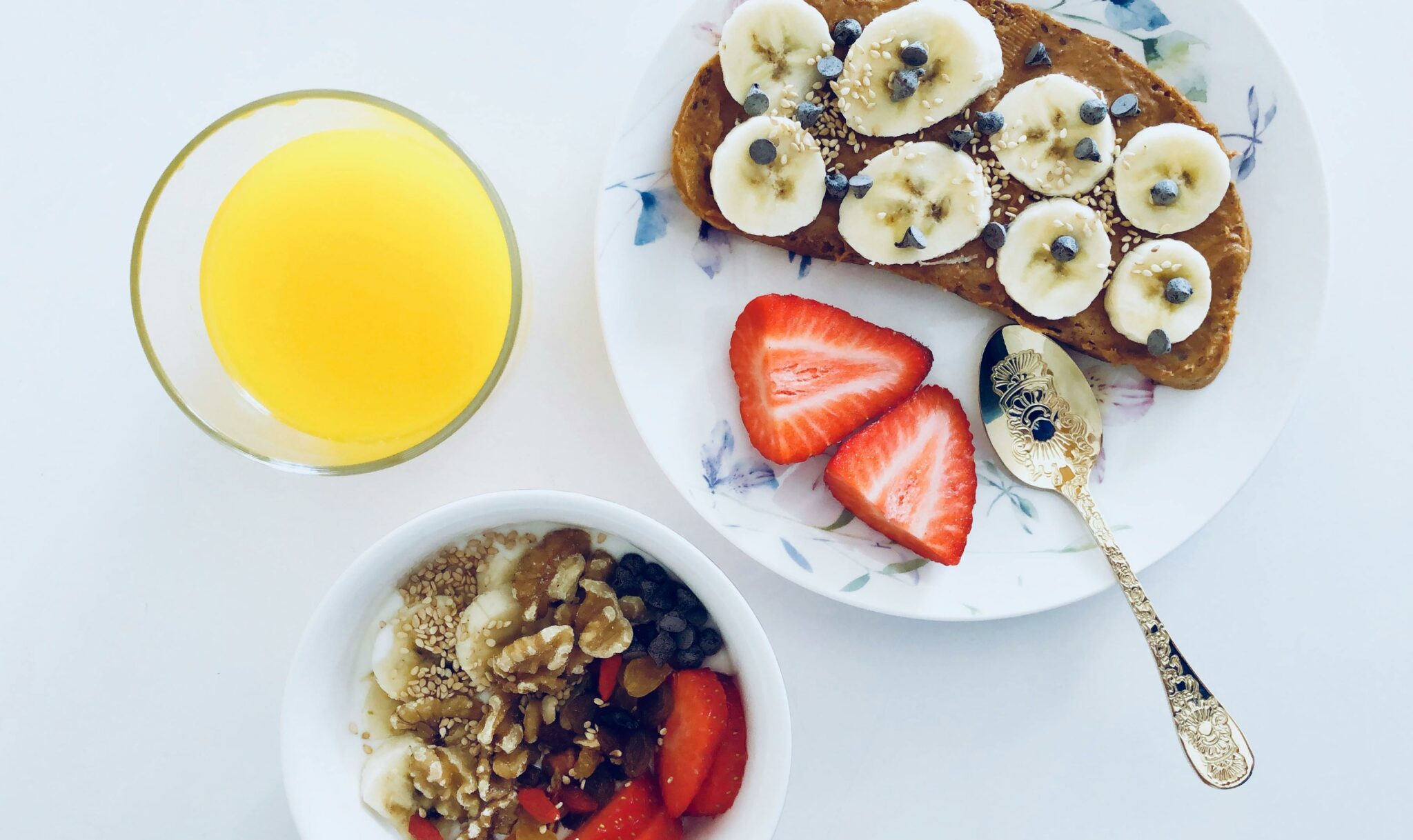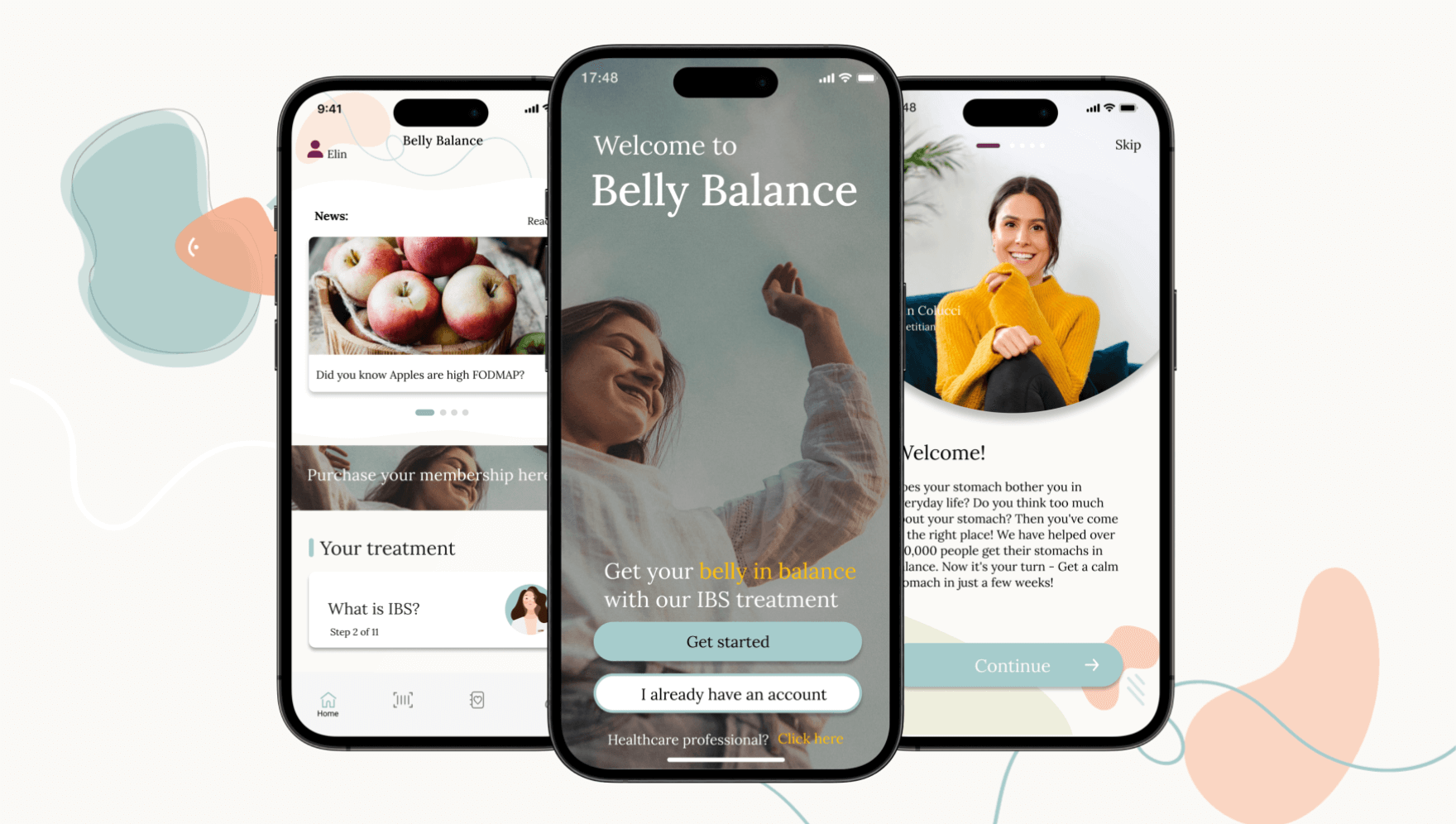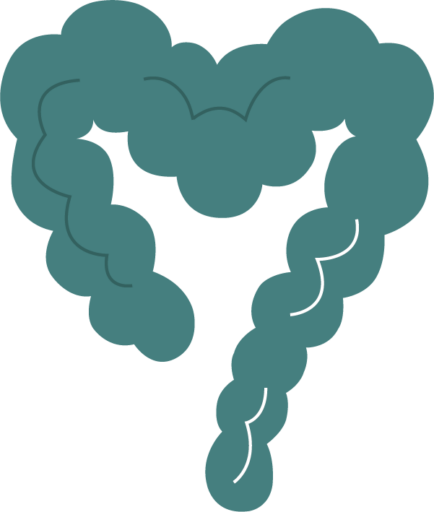
Breakfast and IBS
We often hear that breakfast is an important meal, if not the most important one. For someone with IBS, breakfast can become a bit tricky depending on the state of their digestive system.
Eating regularly is especially important if you have IBS because your stomach needs a steady flow of food to function optimally. When we start eating, signals are sent through the entire digestive system to move the food forward and start the intestines working. If these signals come at a fairly regular pace and with a moderate amount of food each time, the process works much better.
For a “fast” stomach, breakfast might mean choosing foods that don’t trigger excessive digestive activity. So, what are good choices? It’s important to try to eat breakfast calmly. If it becomes too stressful, it might be better to split your breakfast and only eat something small at home. You can then have the rest when you get to work if possible.
You might also need to supplement your breakfast with extra good fibers like psyllium husk or HUSK, which help many people.
Coffee intake at breakfast
It’s good to consider your coffee intake and when during the day you drink your cup. If you have a slow digestive system, that cup of coffee might be exactly what you need to stimulate your stomach in the morning and be able to use the bathroom. In that case, it’s not the cup of coffee you should cut out.
Do you belong to the many who enjoy eating muesli in the morning? Be sure to choose the right type of muesli, as the amount of FODMAPs can vary greatly between different types.
For both fast and slow digestive systems, the type of fiber is important, and with the FODMAP diet, it becomes clear which fibers work better. Both oats and buckwheat contain important fibers and provide more options for breakfast variety. Chia seeds are something many people discover and find that they give a nice, soothing feeling in the stomach – so why not try a chia pudding for breakfast? Seed porridge is also a favorite that provides good fibers regardless of whether you have a fast or slow digestive system.
When the weekend comes, we might have a bit more time and want to indulge – then simple scones are perfect!
Belly Balance digital treatment
In the Belly Balance app, you can log symptoms, keep a food diary, scan products, find FODMAP lists, and much more to help you manage your IBS.
Sofia Antonsson
Reg. Dietitian, Belly Balance
Read more about

IBS - What is it?
Bloated , constipated or having a gassy stomach? IBS or Irritable Bowel Syndrome is a functional gastrointestinal disorder, meaning no physical issues can be found in the stomach or intestines; they just don’t function quite as they should.

How the app works
Download the app and become part of our community. We assist you in achieving a calm and happy stomach through treatment and tools available directly in the app.

About FODMAP
By learning which foods upset your stomach, you can make conscious choices and get quick symptom relief. With the low FODMAP diet, you receive structured assistance in understanding which foods your body tolerates better than others. No more guessing and pondering – you get the answer straight away!

